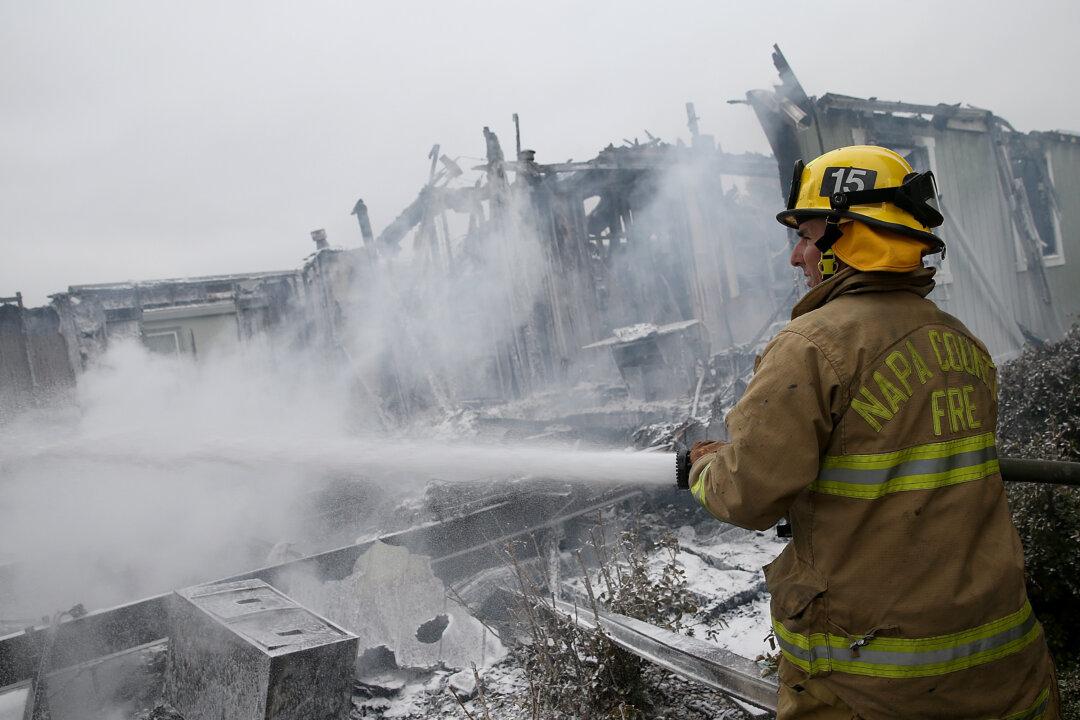Over 40,000 Australians have joined a class-action suit against the Department of Defence for its use of toxic chemicals in fire-fighting foam and its poisonous effect on surrounding properties and life.
It’s the second action filed against the defence department. The first settled in February for a sum of $212.5 million (US$134.3 million).





